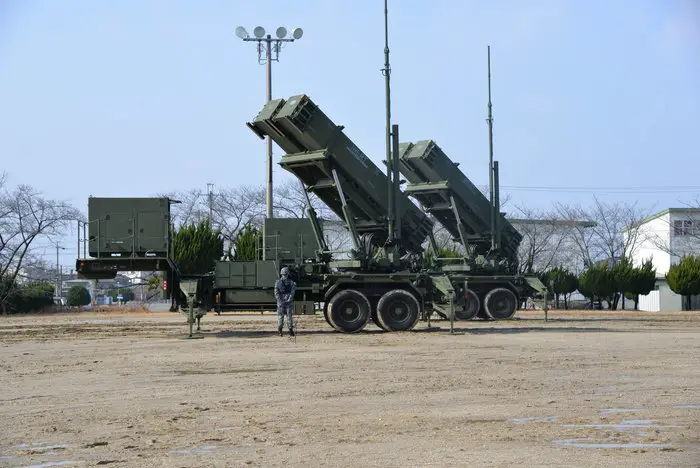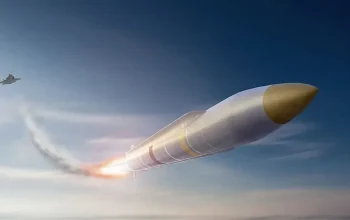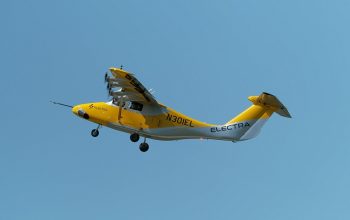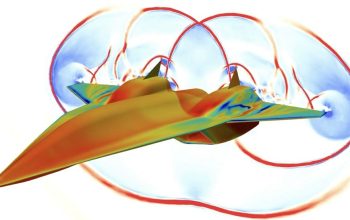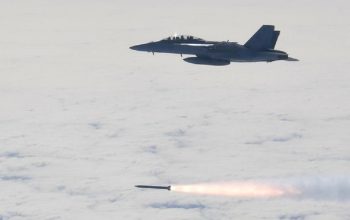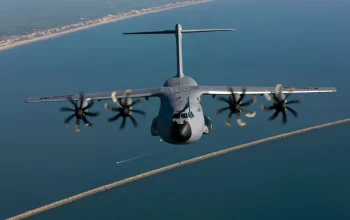Japan is deliberating the export of ‘licensed defense equipment’ to the U.S., sourced from Japanese manufacturers and built under U.S. patents. The move aims to relax stringent regulations governing defense equipment exports. Under this proposed arrangement, completed Patriot Advanced Capability-2 (PAC-2) surface-to-air missile interceptors, held by Japan’s Air Self-Defense Force, could potentially be exported. However, the government and ruling parties are carefully evaluating which equipment can be authorized for export, aligning with their policies. Key considerations involve the establishment of a robust system for post-export management and a review of operational guidelines, such as the Three Principles on Transfer of Defense Equipment and Technology, which currently limit Japan’s defense equipment exports.
Developed in the late 1980s, the Patriot Advanced Capability-2 (PAC-2) marked a watershed moment in missile technology, significantly enhancing capabilities for high-speed ballistic missile interceptions. The introduction of the MIM-104C missile, synonymous with the PAC-2, represented a leap forward in combat efficacy. This iteration of the PAC-2 missile optimized engagements against ballistic missiles, boasting larger projectiles within its blast-fragmentation warhead and a refined fuse timing. Unlike its predecessor, the PAC-1, which launched simultaneous salvos, the PAC-2 adopted a more effective strategy, staggering missile launches by 3-4 seconds for enhanced interception. Since its debut, the PAC-2 underwent multiple upgrades, including the introduction of the MIM-104D missile, boasting improved guidance and a more efficient fused warhead. Notably, this upgraded version saw extensive deployment during Operation Iraqi Freedom in 2003.
A recent meeting convened by a joint working team comprising the Liberal Democratic Party and Komeito in the Diet discussed the government’s perspective on licensed product exports. Officials highlighted the potential impact on Tokyo-Washington relations if Japan fails to meet U.S. requests for such equipment, emphasizing the strong alliance between the two nations. While Komeito has expressed reservations about completely lifting the export ban on licensed products, it appears inclined to support limited exports to the United States, citing the relevance of these exports to Japan’s security interests. However, discussions continue on imposing stringent post-export management conditions on the U.S.
The Yomiuri Shimbun revealed that while parts produced under U.S. licenses can be exported to the U.S. and other countries, exporting finished products has been strictly restricted by the operational guidelines of the three principles. The urgency for such exports has heightened due to the prolonged U.S. support for Ukraine, prompting Washington to seek assistance from Tokyo in addressing the dire shortage of arms and ammunition. This proposed export of licensed products not only aims to bolster the deterrence capability of the Japan-U.S. alliance but also indirectly supports Ukraine amid ongoing global crises. Concerns within Japan’s government and the LDP about potential crises, such as in Taiwan, have raised apprehensions that lack of support from Japan might impede U.S. assistance in critical situations, prompting the need for Japan’s proactive role in reinforcing the alliance.


